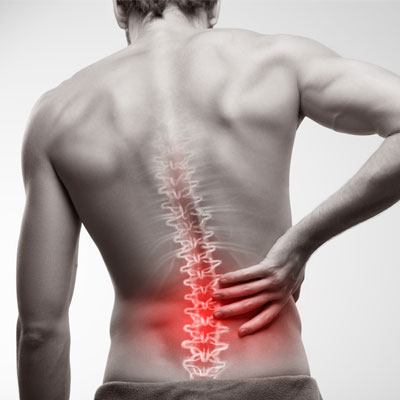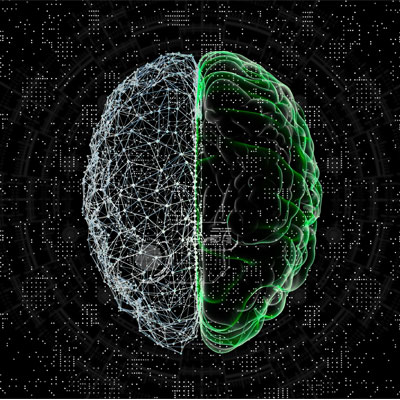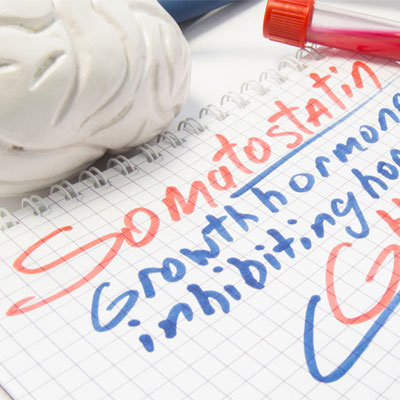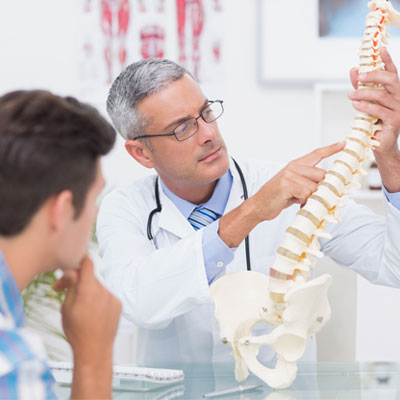Contents
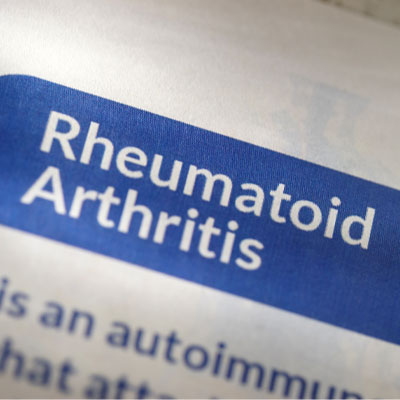
Unfortunately, Trusted sourceWhat is Rheumatoid Arthritis?Arthritis Foundation
Go to sourcerheumatoid arthritis does not stay only in the joints. In addition to attacking the cartilage of the joints, causing bones to rub together, RA can spread to the following areas:
- Tissues surrounding the joints – inflammation in the tissues can affect the nerves
- Lungs – may experience shortness of breath due to inflammation and scarring
- Skin – small lumps called rheumatoid nodules can form under the skin over some bony areas such as elbows and fingers, rashes are also possible
- Heart – may experience anemia and inflammation of blood vessels that can damage organs and nerves, plaque formation can lead to atherosclerosis, and potentially stroke or heart attack
- Mouth – irritation, infection, and dryness of the gums are possible
- Eyes – light sensitivity, dry eye, redness, impaired vision, pain, and potentially scleritis – inflammation in the whites of the eye
- Bones – due to chronic inflammation, a loss of bone density can lead to osteoporosis
The reason doctors are getting excited about growth hormone and rheumatoid arthritis is that HGH responds directly in the body at the cellular level.
HGH responds at the cellular level to help many areas of the body associated with rheumatoid arthritis.
Impact of Growth Hormone on the Joints
In this section, we focus solely on the joint impact of HGH and rheumatoid arthritis. Human growth hormone is the stimulating impetus for the liver’s release of the vital chemical insulin growth factor 1. It is IGF-1 that mediates many of the crucial functions of HGH in the body – primarily, cell regeneration.
Why is the process of cell regeneration necessary for people with RA?
With age, both growth hormone, and subsequently IGF-1 levels decline. Along with that decrease is a reduction in the number of new cells the body can produce each day. These cells are critical to replace the ones that die off. If the body cannot form new cells at the same pace as apoptosis – cellular death – you begin to experience a breakdown.
The benefit of using supplemental HGH for rheumatoid arthritis is that it promotes cellular regeneration. Receiving an increased supply of HGH stimulates further IGF-1 secretion by the liver. The body produces more cells that go on to form new collagen, cartilage, bone, muscle, and connective tissue.
With this change comes improved mobility and reduced pain and inflammation.
Increased HGH and IGF-1 lead to the production of new cells that benefit cartilage, bone, connective tissue, and more.
Is HGH Effective in Treating Rheumatoid Arthritis?
Inflammation is a significant issue for people suffering from RA. Once rheumatoid arthritis starts to spread to other areas of the body, you are open to systemic breakdowns and other health concerns. The use of human growth hormone for rheumatoid arthritis can address many of these issues.
The same process of cellular regeneration is beneficial for the body’s internal organs. New cells keep the organs from shrinking.
Using HGH for rheumatoid arthritis s extremely beneficial for the skin and other tissues as it improves collagen production. The layers of the skin thicken, tighten, and firm. Along with better tissue quality, HGH can also increase the amount of synovial fluid that helps cushion the joints and improve flexibility and mobility.
HGH provides benefits for people with rheumatoid arthritis that can extend to the skin, organs, and eyes.
When to Try HGH Therapy for Rheumatoid Arthritis
Other symptoms of RA can include fatigue, appetite loss, and weakness that make it hard to get through the day. Coupled with the often-debilitating pain and stiffness of rheumatoid arthritis, a person could face a bleak outlook for the future and significantly reduced quality of life. That is where HGH therapy can help.
When should you try HGH treatment for rheumatoid arthritis?
The determination of using human growth hormone therapy is one to make with a qualified hormone specialist. HGH therapy is often beneficial when other treatments fail or cause added concern. Some medications used to treat RA can present other problems. For example, taking acetaminophen for pain or methotrexate for extended periods can lead to liver failure or liver disease. NSAIDs, methotrexate, and cyclosporine can cause kidney problems. Corticosteroids, which reduce inflammation, can thin the skin, cause cataracts and glaucoma, and affect bone density. Methotrexate can also lead to pneumonia or mouth sores.
A doctor specializing in hormone replacement therapy will run the necessary diagnostic tests to see if HGH use is a possibility. Receiving HGH for rheumatoid arthritis will not cure the disease. However, it can greatly reduce many of the symptoms and give you back an improved quality of life.
HGH therapy is not without side effects. Edema, carpal tunnel syndrome (also present in RA), and type 2 diabetes risks increase, as does the potential for high cholesterol. That is why you want the supervision of an experienced hormone specialist when receiving treatment with HGH injections.
Although HGH does not cure rheumatoid arthritis, it can greatly improve many of the symptoms for a better quality of life.
- Wikipedia
- Verywelhealth
- MedicineNet

